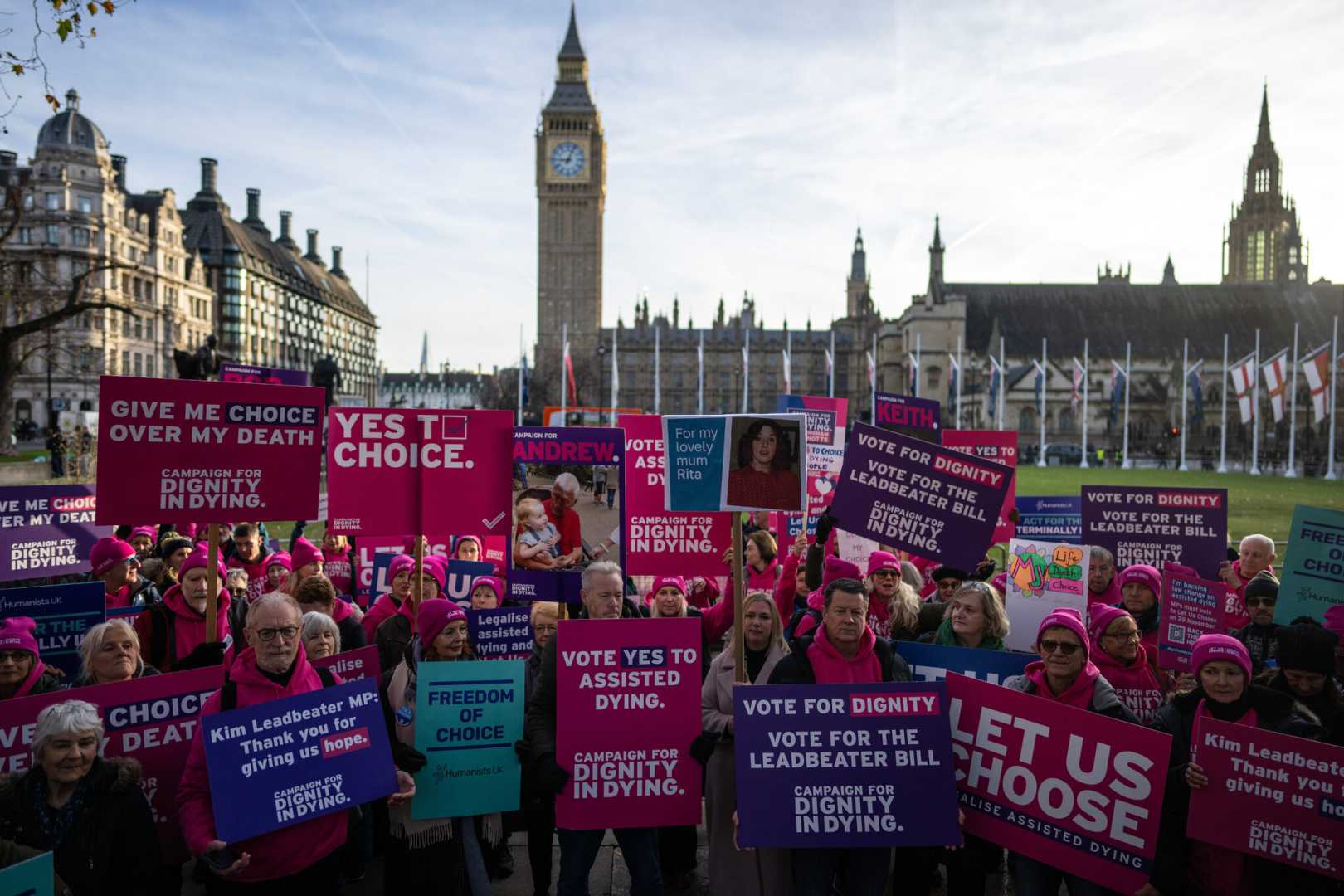Health
Assisted Dying Legislation Could Bring Over 4,000 Deaths in England and Wales

London, England — A review of the assisted dying policy in England and Wales estimates that more than 4,000 assisted deaths could occur in the tenth year after the law takes effect, should Members of Parliament (MPs) approve it. This finding is part of an official report released as the House of Commons prepares for a crucial vote on the matter this June.
The impact assessment indicates that initial numbers of people seeking assisted deaths may be low, but are projected to increase significantly over time. For the first six months after its implementation, assisted deaths are expected to be between 164 and 787. This range grows to between 1,042 and 4,559 deaths by year ten, based on an anticipated start date of October 2029.
Even the highest estimate would account for less than one percent of total deaths in England and Wales, according to the report. The assessment also includes a financial analysis, indicating potential savings for the National Health Service (NHS) could range from approximately £919,000 to £10.3 million within the first six months.
However, costs will also arise. Staffing an assisted dying service may exceed £10 million annually in the long term, and initial training expenses could surpass £11 million. The report acknowledges uncertainties surrounding whether the overall costs could outweigh the anticipated savings.
Kim Leadbeater, the Labour MP advocating for the bill, expressed gratitude for the impact assessment’s thoroughness, emphasizing its potential to provide more compassionate care for terminally ill patients. She highlighted that the bill is designed with strict eligibility criteria, including multi-disciplinary panel reviews to ensure informed consent from patients.
Conversely, critics like Baroness Tanni Grey-Thompson warn that assisted dying could endanger vulnerable individuals by placing financial pressures on an already strained NHS. Leadbeater responded by reinforcing the bill’s safeguards to protect against coercion and enhance the decision-making process for those facing terminal illnesses.
As MPs prepare to vote, the future of assisted dying legislation remains uncertain. With the significant implications for healthcare and patient rights, the upcoming decision will undoubtedly spark ongoing debates.












